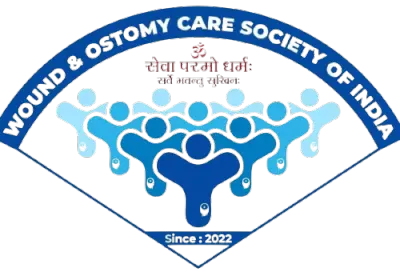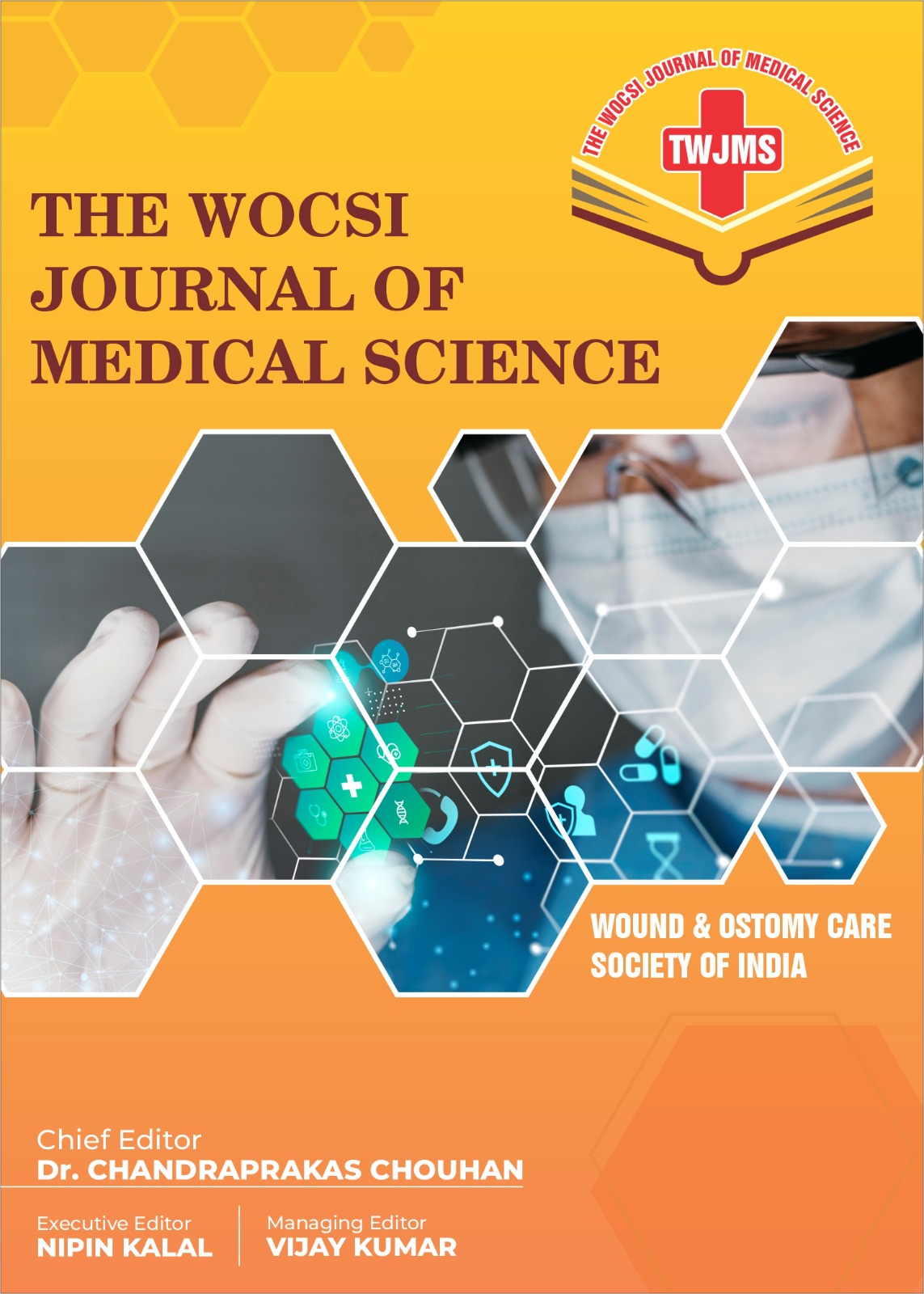Psychological concerns I individuals with hereditary cancer and their immediate family members seeking medical care at a Tertiary care hospital in India Psychological concerns on hereditary cancer
Main Article Content
Abstract
Introduction: Cancer susceptibility is more prevalent in individuals with a familial background. However, on a national level, the field of clinical genetic services and the psychological effects of suspected familial cancer on patients and their relatives is still emerging. Furthermore, it is uncertain whether genetic testing and counseling (GTC) can effectively address the common psychological challenges linked to cancer.
Purpose: The objective of this research endeavor was to examine the correlation between GTC (Genetic Testing and Counseling) and psychological concerns such as anxiety, depression, and distress among individuals with hereditary cancers and their immediate family members.
Methods: This preliminary study involved the participation of 100 patients who visited the GTC center at the All India Institute of Medical Sciences, along with their relatives. Demographic information was collected at the beginning and after undergoing GTC, and validated questionnaires were utilized to assess the psychological issues of interest. Generalized estimating equations, which accounted for clustering within individuals, were employed to analyze the association between GTC and the three psychological concerns. Conclusions: Our results offer preliminary evidence supporting the potential protective effect of GTC in reducing psychological distress related to hereditary cancers among both patients and their immediate family members. We recommend conducting a larger longitudinal study in the future to further investigate these associations and confirm our findings.
Article Details
References
- American Cancer Society. Global Cancer: Facts and Figures 3rd Edition. https://www.cancer.org/content/dam/cancer-org/research/cancer-facts-and-statistics/global-cancer-facts-and-figures/global-cancer-facts-and-figures-3rd-edition.pdf. Published 2015. Accessed 8/9/18.
- Ali I WW, Saleem K. Cancer Scenario in India with Future Perspectives. Cancer Therapy. 2011;8:56-70.
- Rahner N SV. Hereditary cancer syndromes. Deutsches Arzteblatt international. 2008;105:706-714.
- Nikbakhsh N, Moudi S, Abbasian S, Khafri S. Prevalence of depression and anxiety among cancer patients. Caspian J Intern Med. 2014;5(3):167-170.
- Bevans M SE. Caregiving burden, stress, and health effects among family caregivers of adult cancer patients. Jama. 2012;307:398-403.
- Mallath MK, Taylor DG, Badwe RA, et al. The growing burden of cancer in India: epidemiology and social context. Lancet Oncol. 2014;15(6):e205-212.
- Worldwide cancer data. World Cancer Research Fund: American Insititute for Cancer Research. Global cancer statistics for the most common cancers Web site. https://www.wcrf.org/dietandcancer/cancer-trends/worldwide-cancer-data. Accessed 08/16/19.
- Sarin R. A decade of discovery of BRCA1 and BRCA2: are we turning the tide against hereditary breast cancers? J Cancer Res Ther. 2006;2(4):157-158.
- Braithwaite D, Emery J, Walter F, Prevost AT, Sutton S. Psychological impact of genetic counseling for familial cancer: a systematic review and meta-analysis. J Natl Cancer Inst. 2004;96(2):122-133.
- Spitzer RL KK, Williams JBW, Lowe B. A Brief Measure for Assessing Generalized Anxiety Disorder. Archives Internal Medicine. 2006;166:1092-1097.
- Kroenke K SR, Williams JB. . The PHQ-9: validity of a brief depression severity measure. Journal of general internal medicine. Journal of general internal medicine. 2001;16:606–613.
- VanHoose L BL, Doty K, Sabata D, Twumas-Ankrah P, Taylor S, Jhonson R. An analysis of the distress thermometer problem listand distress in patients with cancer. 2015;23:1225-1232.
- SAS. SAS software 9.4. SAS Institute Inc. Published 2012. Accessed.
- Ormond KE LM, Barlow-Stewart K, Wessels TM, Macaulay S, Austin J, Middleton A. . Genetic counseling globally: Where are we now? American journal of medical genetics. 2018;178:98-107.
- Srivastava V AM, Kumar A, Shah AG, Meena RK, Sevach P, Singh OP. Study of Anxiety and Depression among Breast Cancer Patients from North India. Clinical Psychiatry. 2016;2(4).
- O'Sullivan CK B, KH, Jeon S, Ercolano E, McCorkle R. . Psychological Distress during Ovarian Cancer Treatment: Improving Quality by Examining Patient Problems and Advanced Practice Nursing Interventions. Nursing research and practice. 2011;351642.
- Randall J, Butow P, Kirk J, Tucker K. Psychological impact of genetic counselling and testing in women previously diagnosed with breast cancer. Intern Med J. 2001;31(7):397-405.
- Lerman C, Schwartz MD, Miller SM, Daly M, Sands C, Rimer BK. A randomized trial of breast cancer risk counseling: interacting effects of counseling, educational level, and coping style. Health Psychol. 1996;15(2):75-83.
- Bish A SS, Jacobs C, Levene S, Ramirez A, Hodgson S. . Changes in psychological distress after cancer genetic counselling: a comparison of affected and unaffected women. British journal of cancer. 2002;86:43-50.
- Vig HS WC. The evolution of personalized cancer genetic counseling in the era of personalized medicine. Fam Cancer. 2012;11:539-544.


